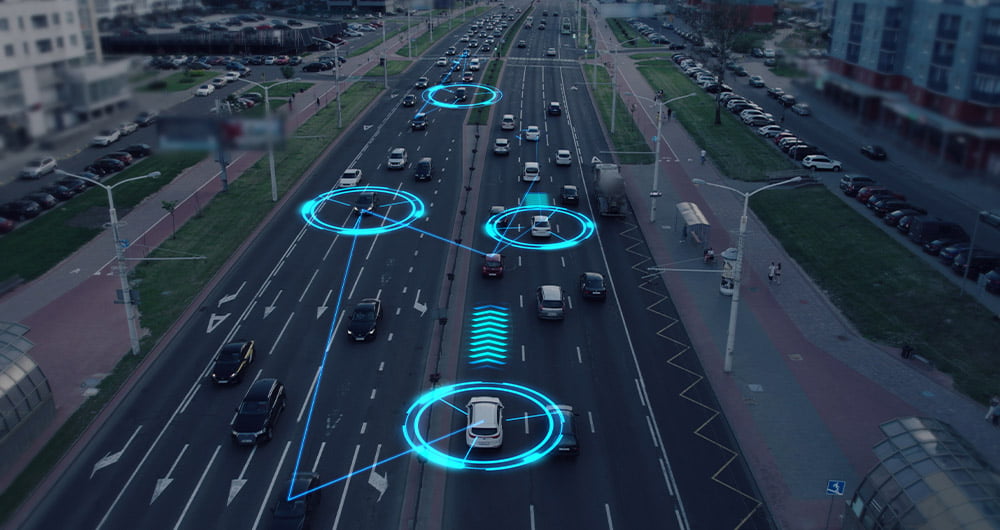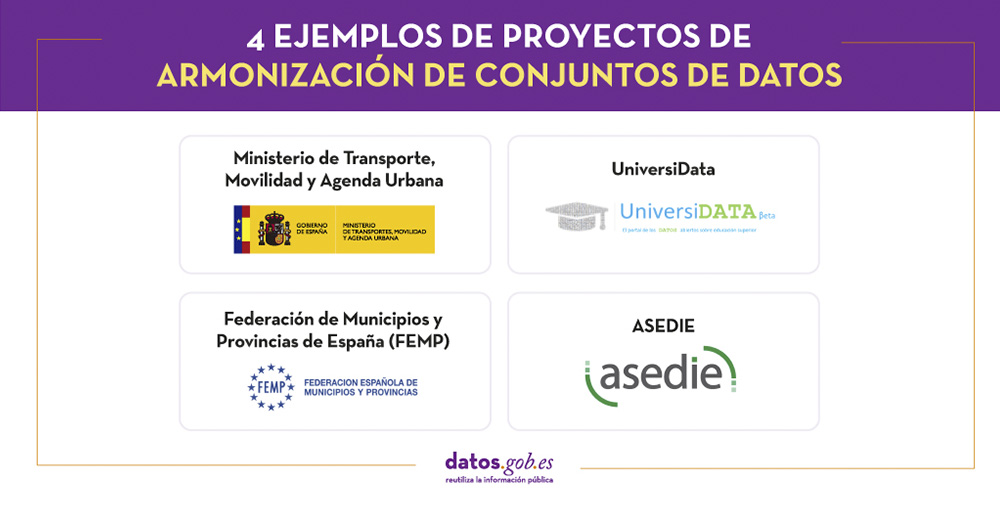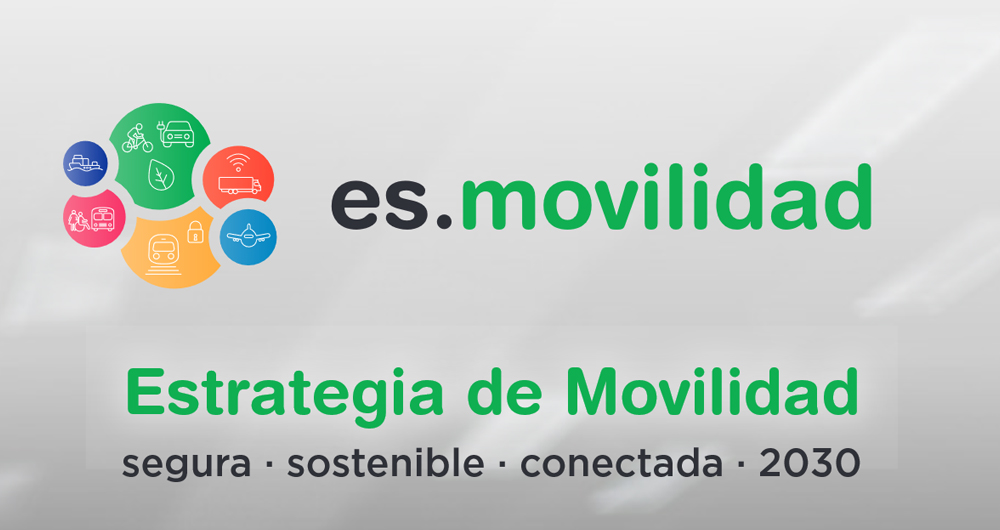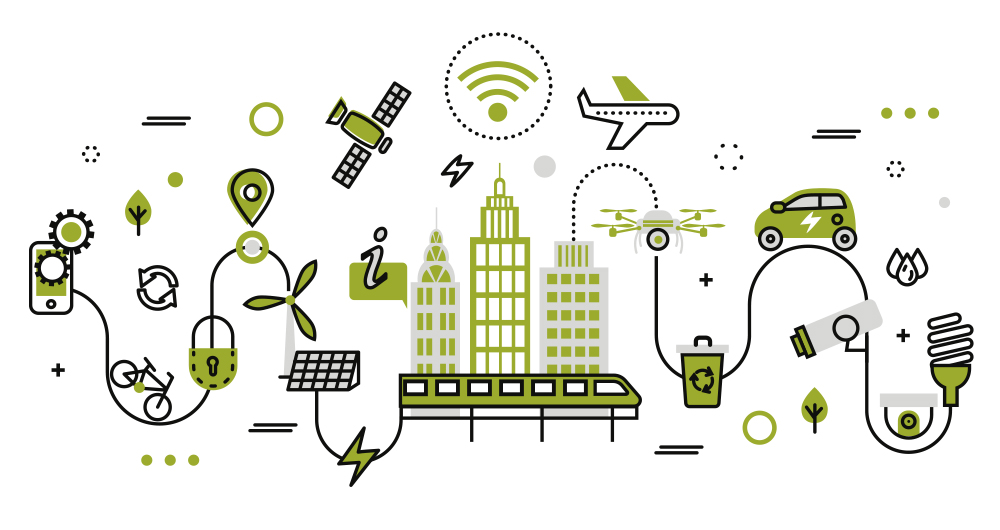10 posts found
Altruistic projects to create AI models in co-official languages
Artificial intelligence (AI) assistants are already part of our daily lives: we ask them the time, how to get to a certain place or we ask them to play our favorite song. And although AI, in the future, may offer us infinite functionalities, we must not forget that linguistic diversity is still a pe…
The role of data in driving autonomous vehicles
Just a few days ago, the Directorate General of Traffic published the new Framework Programme for the Testing of Automated Vehicles which, among other measures, contemplates "the mandatory delivery of reports, both periodic and final and in the event of incidents, which will allow the DGT to assess…
Federated machine learning: generating value from shared data while maintaining privacy
Data is a fundamental resource for improving our quality of life because it enables better decision-making processes to create personalised products and services, both in the public and private sectors. In contexts such as health, mobility, energy or education, the use of data facilitates more effic…
ALIA and foundational models What are they and why are they key to the future of AI?
The enormous acceleration of innovation in artificial intelligence (AI) in recent years has largely revolved around the development of so-called "foundational models". Also known as Large [X] Models (Large [X] Models or LxM), Foundation Models, as defined by the Center for Research on Foundation Mod…
How to measure carbon footprint using open data
The carbon footprint is a key indicator for understanding the environmental impact of our actions. It measures the amount of greenhouse gas emissions released into the atmosphere as a result of human activities, most notably the burning of fossil fuels such as oil, natural gas and coal. These gases,…
Data activism: an increasingly relevant practice in the age of platforms
Data activism is an increasingly significant citizen practice in the platform era for its growing contribution to democracy, social justice and rights. It is an activism that uses data and data analysis to generate evidence and visualisations with the aim of revealing injustices, improving peop…
4 examples of harmonisation of datasets
In any project related to data, it is common to have different sources of information. Data is key for companies and public administrations, in decision making or as a basis for the implementation of projects, services or products. But if these data sources display information in a heterogeneous way…
Open data in the Spanish mobility strategy
Open mobility data plays a key role in transforming current transport networks and systems, promoting their digitization and improving their sustainability and efficiency. The European Union is aware of this situation, and for this reason it has not only included mobility data among the categories c…
Open data in the era of sustainable and smart mobility, according to European strategy
More than two years ago we started 2019 very hopeful about the progress that was being made in Spain regarding the openness of data related to transport and mobility, after a few years in which there had not been much progress. Although there is still room for improvement, especially in the availabi…
Responsible management of data concerning minors
Young people have consolidated in recent years as the most connected demographic group in the world and are now also the most relevant actors in the new digital economy. One in three internet users across the planet is a child. Furthermore, this trend has been accelerating even more in the current…









